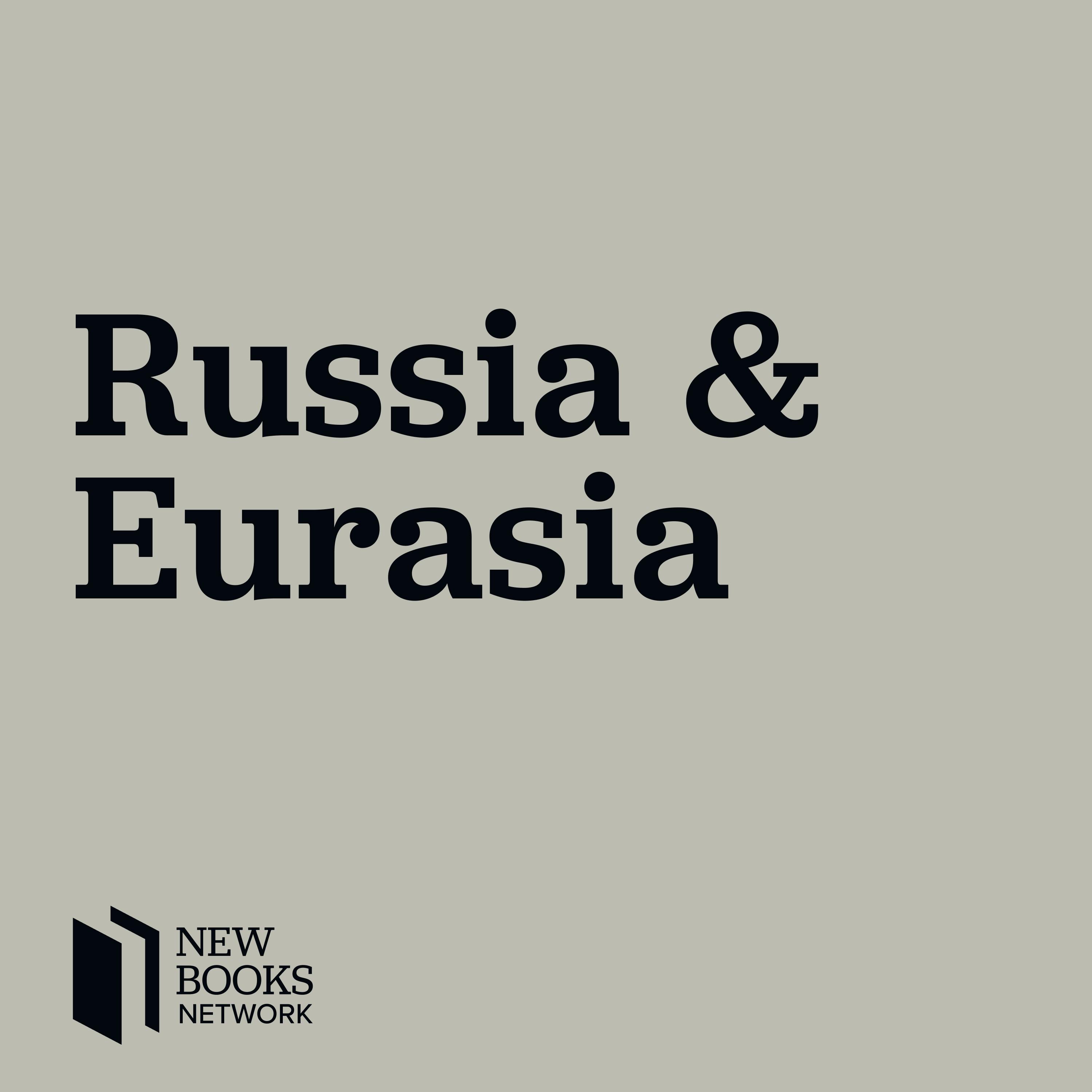Leona Toker, "Gulag Literature and the Literature of Nazi Camps: An Intercontexual Reading" (Indiana UP, 2019)
Description
Devoted to the ways in which Holocaust literature and Gulag literature provide contexts for each other, Leona Toker's Gulag Literature and the Literature of Nazi Camps: An Intercontexual Reading (Indiana UP, 2019) shows how the prominent features of one shed light on the veiled features and methods of the other. Toker views these narratives and texts against the background of historical information about the Soviet and the Nazi regimes of repression. Writers at the center of this work include Varlam Shalamov, Primo Levi, Elie Wiesel, and Ka-Tzetnik, and others, including Aleksandr Solzhenitsyn, Evgeniya Ginzburg, and Jorge Semprún, illuminate the discussion.
Toker's twofold analysis concentrates on the narrative qualities of the works as well as on the ways in which each text documents the writer's experience and in which fictionalized narrative can double as historical testimony. References to events might have become obscure owing to the passage of time and the cultural diversity of readers; the book explains them and shows how they form new meaning in the text. Toker is well-known as a skillful interpreter of Gulag literature, and this text presents new thinking about how Gulag literature and Holocaust literature enable a better understanding about testimony in the face of evil.
Learn more about your ad choices. Visit megaphone.fm/adchoices
Support our show by becoming a premium member! https://newbooksnetwork.supportingcast.fm/russian-studies
More Episodes
Today we are going to explore a fascinating volume of the Yiddish library, the autobiography of Pinkhes-Dov Goldenshteyn. Set in Ukraine and Crimea, this unique autobiography offers a fascinating, detailed picture of life in late nineteenth- and early twentieth-century Tsarist Russia....
Published 06/28/24
In The Soviet Union and the Construction of the Global Market. Energy and the Ascent of Finance in Cold War Europe, 1964–1971 (Cambridge University Press, 2023), Oscar Sanchez-Sibony reveals the origins of our current era in the dissolution of the institutions that governed the architecture of...
Published 06/22/24
Linked by declarations of emancipation within the same five-year period, two countries shared human rights issues on two distinct continents. In When Emancipation Came: The End of Enslavement on a Southern Plantation and a Russian Estate (McFarland, 2022), readers will find a case-study...
Published 06/19/24


